No products in the cart.
Cloves (Syzygium aromaticum) are the aromatic dried flower buds of an evergreen tree belonging to the family Myrtaceae. Native to the Moluccas Islands (also known as the Spice Islands) of Indonesia, cloves have a rich history deeply intertwined with global trade and culinary traditions.
Cloves were a highly prized commodity in ancient times, with evidence of their trade dating back centuries. Archaeological findings in Syria have placed their use in the West as early as 1720 BC. By the first century AD, they had reached Rome. In China, during the Han Dynasty (around 200 BC), cloves were used to freshen breath during imperial audiences. Their value was so significant that they were often traded for gold in the Middle Ages, fueling intense competition among European powers to control their source. The Dutch famously maintained a near monopoly on clove production for a considerable period by limiting cultivation to a few islands in Indonesia.
The clove tree is an evergreen that can grow up to 8–12 meters tall. It features large leaves and crimson flowers that grow in terminal clusters. The flower buds, which are harvested as cloves, are typically 1.5–2 centimeters long. They start with a pale hue, turn green, and finally become a bright red when ready for picking. The clove bud consists of a long calyx that ends in four spreading sepals and four unopened petals forming a small central ball.
Cloves possess a strong, warm, sweet, and aromatic flavor with a slightly pungent and bittersweet undertone. They are used extensively in cuisines worldwide, both in whole and ground form. Key culinary applications include:
- Baking and Desserts: Cloves are a common ingredient in gingerbread, pumpkin pie spice, spice cakes, cookies, and fruit compotes, lending a characteristic warmth.
- Savory Dishes: They add depth to stews, curries, marinades, and meat rubs, and are often used to stud hams. Cloves are also a component of spice blends like garam masala and Chinese five-spice powder.
- Beverages: Whole cloves are used to flavor warm drinks such as mulled wine, cider, and chai tea.
- Sauces and Pickling: Cloves contribute to the flavor profile of Worcestershire sauce, some ketchup brands, and pickling brines.
- Global Cuisines: They are integral to Indian curries, Middle Eastern tagines, Vietnamese pho, and various other international dishes.
Beyond their culinary uses, cloves have a history of traditional medicinal applications, particularly in Ayurvedic and traditional Chinese medicine. Clove oil, which contains a significant amount of eugenol, is believed to have:
- Analgesic Properties: Traditionally used to relieve toothaches.
- Antimicrobial and Antifungal Effects: May help fight certain bacteria and fungi.
- Anti-inflammatory Properties: Eugenol has been shown to reduce inflammation in some studies.
- Digestive Benefits: May stimulate digestive enzymes.
However, it’s important to note that many of these traditional uses lack robust scientific evidence, and the FDA has not approved clove for any medicinal purpose. Clove oil can also cause irritation in some individuals.
Other non-culinary uses of cloves include their addition to betel quids for aroma enhancement and their use in the production of kretek cigarettes in Indonesia. Clove oil is also found in some toothpaste, mouthwashes, perfumes, and soaps.
In conclusion, cloves (Syzygium aromaticum) are more than just a spice; they are a botanical treasure with a rich history, versatile culinary applications, and a continuing presence in traditional medicine and various cultural practices. Their distinct aroma and flavor have made them a globally significant commodity and a cherished ingredient in kitchens around the world.

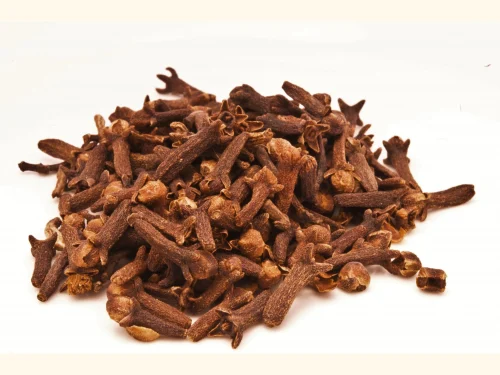
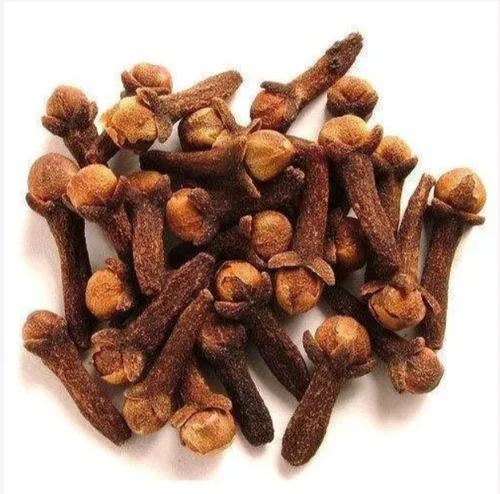
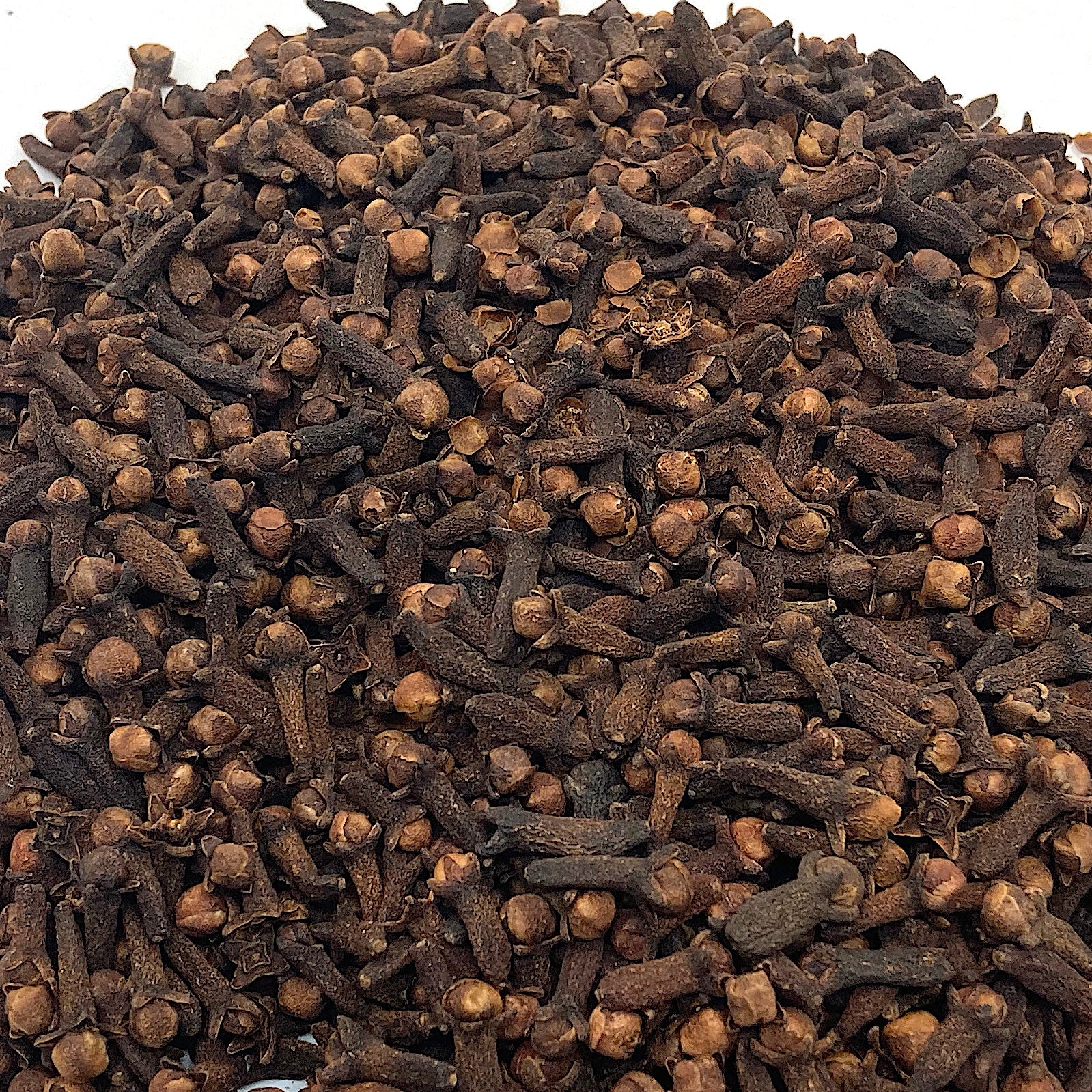
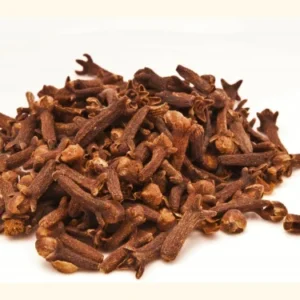
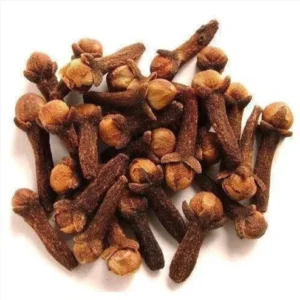
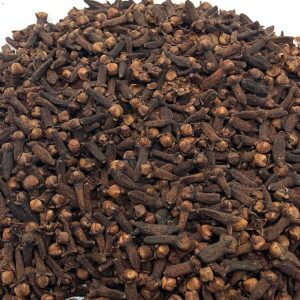
Reviews
There are no reviews yet.